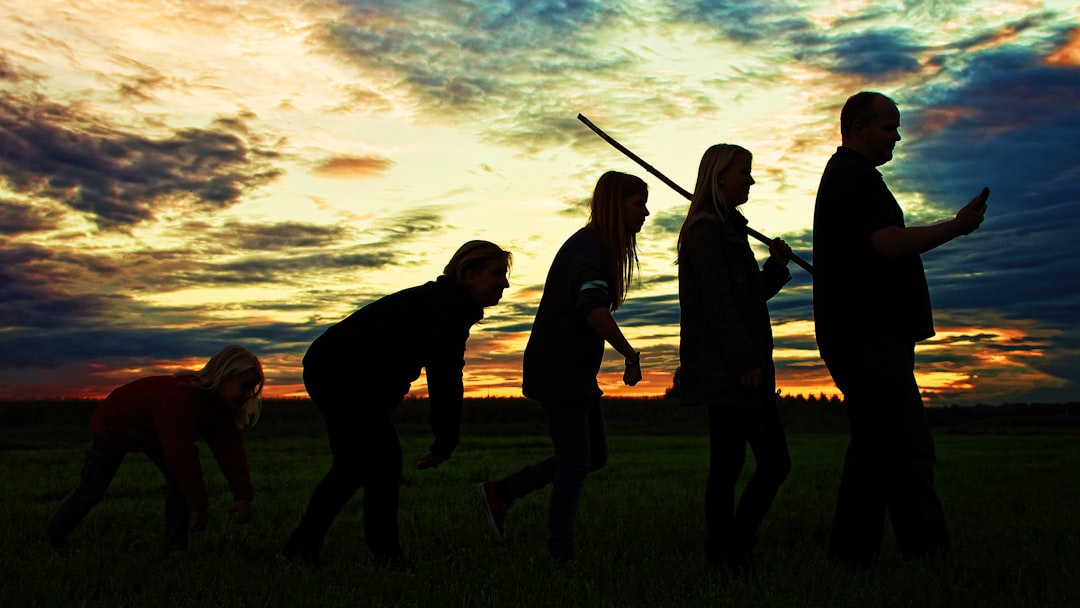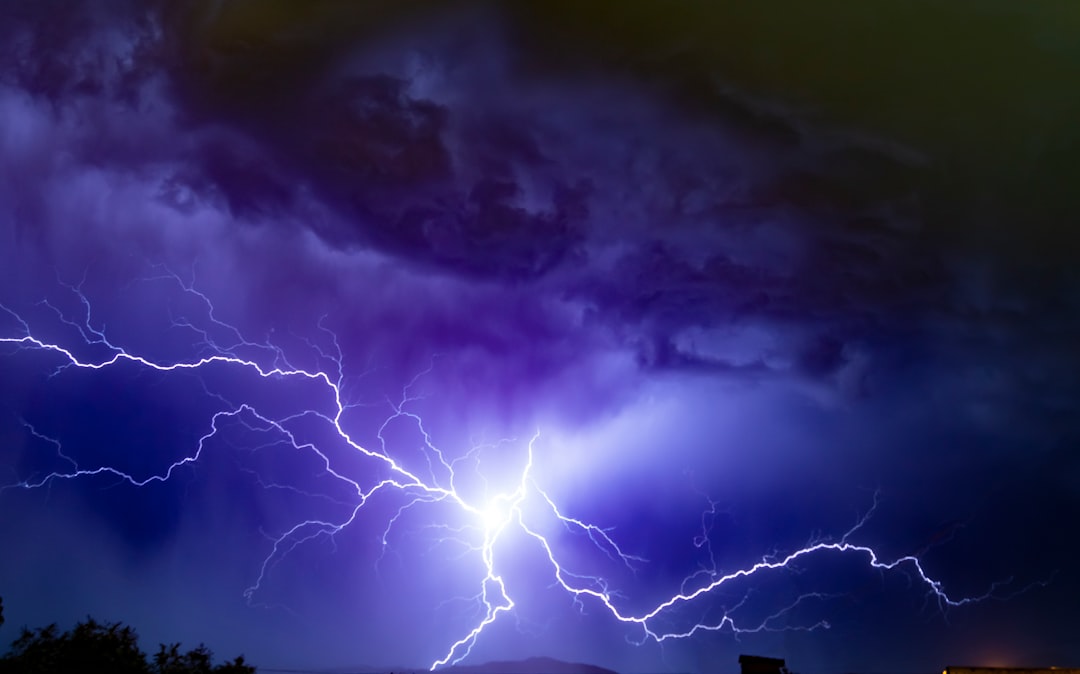By show of hands, how many people have been told that the vagus nerve is one of the keys to managing anxiety or making it stop? I can’t actually see your hands of course, but I’m guessing quite of few of you would have them raised right now.
This is another reason why we can’t have nice things.
Before I get into this, let me state clearly and unequivocally that the vagus nerve does in fact play a role in transmitting signals from your brain to the rest of your body. It is tied to sympathetic and parasympathetic functions. This is not news, nor is it in dispute. Everyone pretty much agrees on this. But this does not mean that your vagus nerve holds the key to some magic anxiety fix.
So where did things go off the rails when it comes to the vagus nerve?
Back in 1994, a professor of Psychiatry by the name of Stephen Porges first talked about polyvagal theory at a conference. Porges decided to divide the parasympathetic nervous system into two branches that were active or inactive depending on your state at any time. You could be in “safe mode” or you could be “immobilized”. He attributed control of a third state - “mobilized” - to the sympathetic nervous system.
This kinda sounds like fight or flight stuff, which I know we’ve all heard about many times. If you take what Porges says at face value and it sounds like fight or flight which we all know and love, you can already see how polyvagal theory began to catch on. This is kinda how the vagus nerve started to become a bit of an anatomical celebrity in the mental health field. Polyvagal theory seems to make sense. It’s relatively easy to explain to the layperson, and it provides a relatively simple explanation for experiences related to conditions like PTSD and panic disorder. Polyvagal theory sounds kinda cool, and it feels good. As such, over the last 25 years, polyvagal theory has become popular in mental health circles and is referenced constantly by content creators, mental health influences, coaches, and even some therapists.

But here’s the problem. Stephen Porges made a few physiological and evolutionary assertions when unveiling his theory that are not only unsupported, but that directly contradict a large body of existing research findings in areas like evolutionary biology and evolutionary psychology. The very foundation of the polyvagal theory beloved and adopted by so many is incredibly weak. It has been refused, rejected, and disputed from the get-go by a mountain of evidence from other areas of study.
Porges himself has yet to provide any hint of good evidence that his assertions - and therefore his theory - may hold water. Yet that did not stop him from creating a bit of a mental health business empire based on the theory.
In short - and I realize I am likely going to annoy some folks here - polyvagal theory sounds and feels good so it became really popular, but it doesn’t even really meet the requirements to be called a theory at all. It’s an idea. A conjecture. Maybe a framework or a way of visualizing things. There’s nothing wrong with that. We need those things. Those are part of how science works, but hypothesis and conjecture are the starting points for discovery, not the end points. Yet practices based on polyvagal theory are often sold to desperate people as evidence based and proven, which they absolutely are not.
I’ll stop short of calling it snake oil (even though I really want to), but when a legion of evolutionary biologists are presenting clear data that humans do not differ from other species the way Porges needs us to in order for his “theory” to be credible, proponents of polyvagal theory and the techniques it has spawned continue to assert that any doubt about the theory is based on a “lack of understanding”. Only they get it. The rest of us are clueless.
Really? All this evidence is worthless because only you have a true understanding of the issue? Is that really the hill you want to die on?
Why do I care about this and why am I ranting a bit about it? Because I have been in conversations with people that call themselves mental health advocates, educators, and even recovery coaches (especially in the trauma space) that love to tell me about polyvagal theory. Then they stare blankly when presented with my argument against it. The response I usually get is something along the lines of … “Well, I like it.”
I’m not so sure that this is a solid basis for mental health interventions. Liking something.
So next time someone wants to teach you - or sell you - 17 ways to somehow manipulate your vagus nerve to achieve that coveted “ventral activation”, consider that there’s a good chance that they not bothering to look at the actual data, or they have, and they’re ignoring it because its either bad for business or upsets the neat conceptual apple cart they’ve come to enjoy so much.
Let me clarify one thing before I get off my soapbox. Using the framework of polyvagal theory as a basis for exploration, or as a way to conceptualize or visualize things like trauma response is not a bad thing. There are excellent, highly qualified clinicians that do this, and they do it well. They just won’t tell you that the way out of the dark is to ride your magically and specially evolved vagus nerve into the healing zone.
Sometimes humans have a maddening habit of taking good things and twisting them into an unrecognizable shape that completely misses the original point. I kinda feel like the whole vagus nerve craze is a great example of that.
Rant over. Have a good weekend.
“Science is the great antidote to the poison of enthusiasm and superstition.” - Adam Smith
Every Friday I’ll share one of my favorite quotes. They’ll often have direct application in recovery, but sometimes they’re just generally funny, inspiring, or thought-provoking. I hope you enjoy them.











Share this post